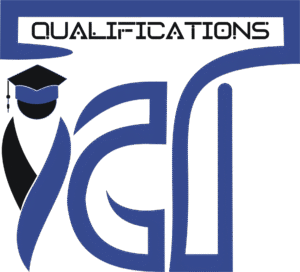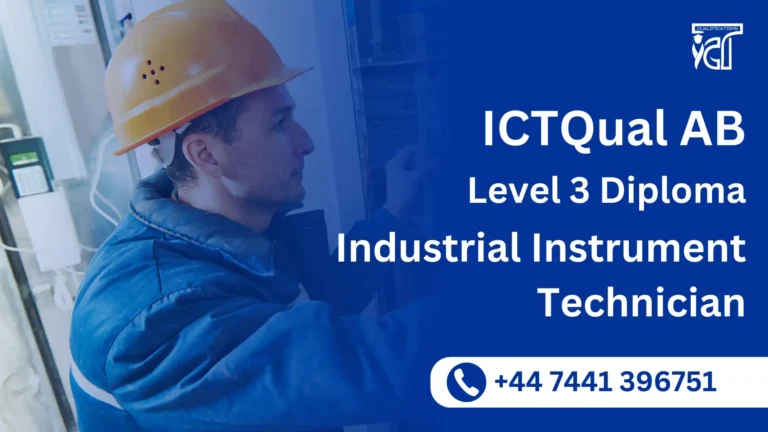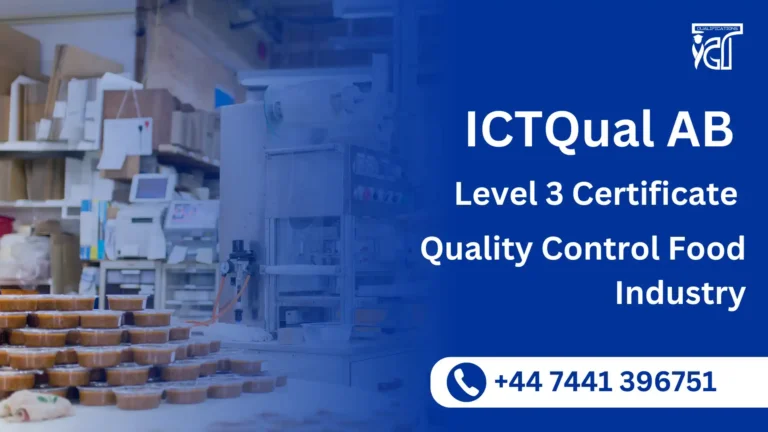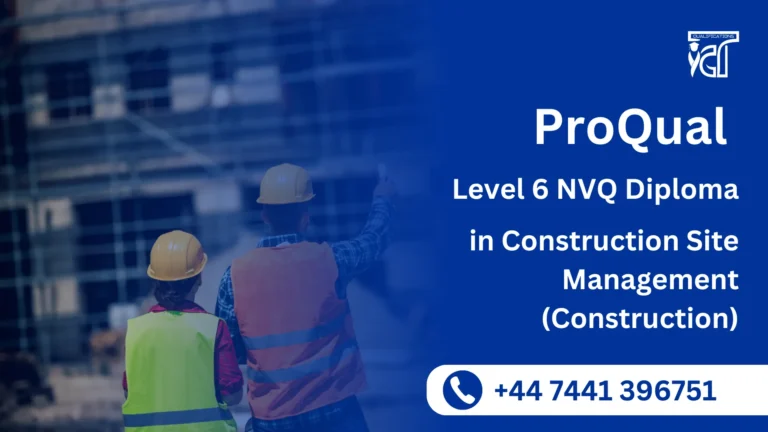ProQual Level 3 NVQ Diploma in Construction Contracting Operations – Surveying
Certified skills to excel in construction surveying


Course Level
Level 3
Course Type
Ofqual Regulated
Awarding Body
ProQual
Duration
6 to 12 Months
Study Mood
Online
Assessment
Assignments Based
Course Overview
What is this course
The ProQual Level 3 NVQ Diploma in Construction Contracting Operations – Surveying is a nationally recognized vocational qualification designed for professionals working in construction surveying and measurement. It provides formal certification of workplace competence, ensuring learners meet national occupational standards while gaining credibility for their expertise in surveying operations. This qualification is highly valued across the construction sector and supports career progression into advanced roles.
Assessment is carried out in the workplace, allowing learners to demonstrate their skills in real construction environments. Core areas of focus include conducting site surveys, collecting and analyzing data, preparing reports, and ensuring compliance with health, safety, and quality requirements. Learners also develop strong technical and organizational skills to support accurate project planning and delivery.
Completing this diploma benefits both learners and employers. Learners gain a recognized certification that enhances employability, confidence, and opportunities for advancement into supervisory or management positions. Employers benefit from a workforce that is skilled, certified, and capable of delivering accurate surveying operations, supporting compliance, efficiency, and project excellence across construction projects.
Course Content
Detailed Curriculum Structure
The ProQual Level 3 NVQ Diploma in Construction Contracting Operations – Surveying, to achieve the qualification candidates must complete all the mandatory and the required number of optional units for one of the following pathways:
Who Should Attend
Target Audience and Participants
- Employed surveyors or assistants working in construction contracting operations.
- Junior site supervisors seeking formal recognition of surveying competence.
- Professionals handling survey data collection, analysis, and presentation.
- Construction technicians involved in site measurements and dimensional control.
- Workers preparing for CSCS Gold Supervisor Card in technical roles.
- Those in planning, estimating, or technical support needing surveying skills.
- Experienced operatives aiming for progression to management positions.
- Individuals employed in real workplace environments for on-site assessments.
Career & Learning Benefits
Skills, Knowledge & Opportunities You Will Earn
- Achieves formal recognition of surveying competence through workplace assessments.
- Qualifies for the CSCS Gold Supervisor Card, enhancing site access and credibility.
- Builds skills in survey data collection, analysis, and dimensional control.
- Supports career advancement to senior supervisory or management roles.
- Ensures compliance with construction health, safety, and welfare standards.
- Provides flexible, on-site learning without classroom attendance or exams.
- Demonstrates expertise in project information systems and cost monitoring.
- Boosts employability and professional development in construction contracting.
Need More Information?
Frequently Asked Questions Explained
Enrollment Criteria
Minimum Eligibility Criteria for Enrollment
Lock In Your Spot
Get in Touch
+44 2035 764371
+44 7441 396751
info@ictqual.co.uk
www.inspirecollege.co.uk









